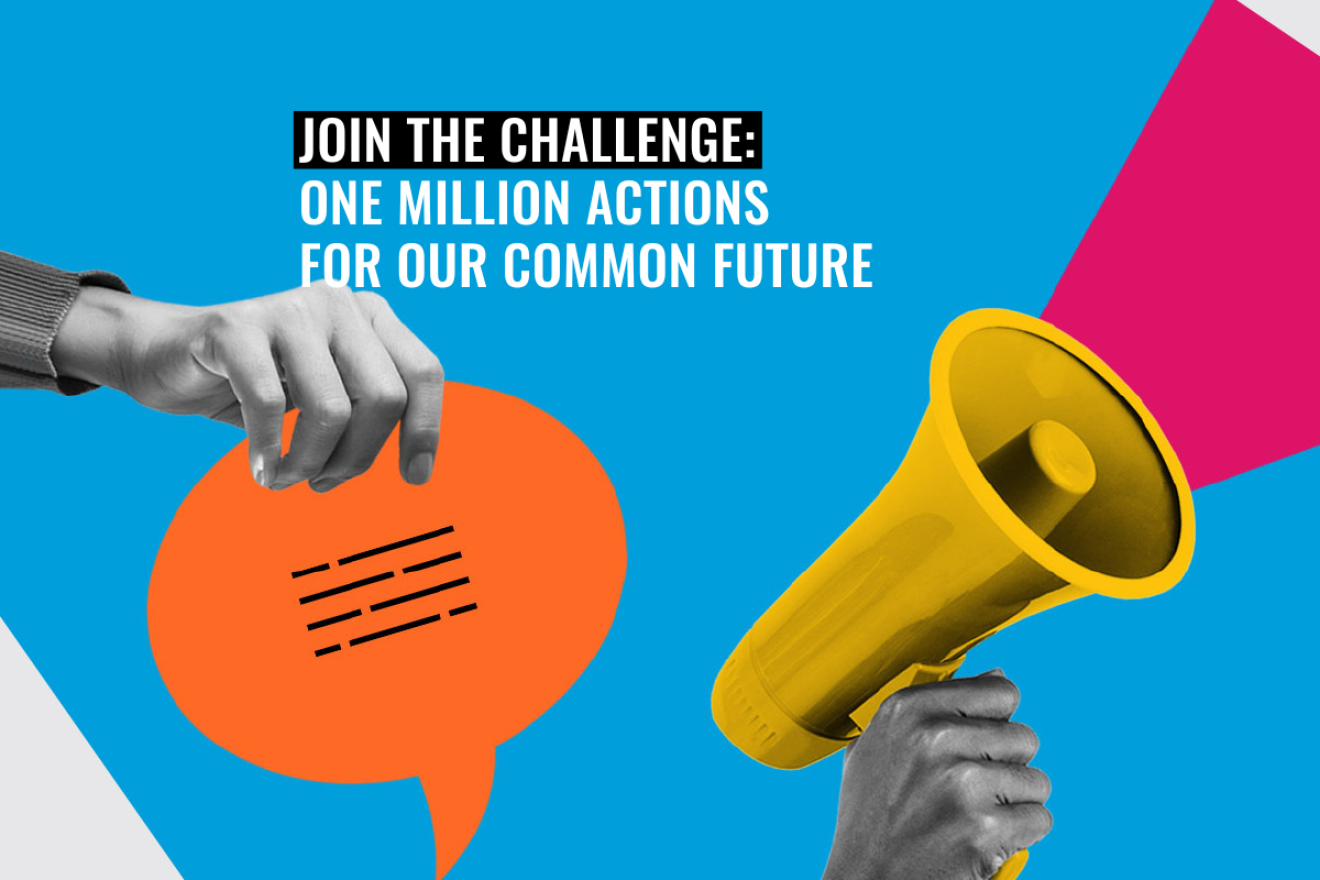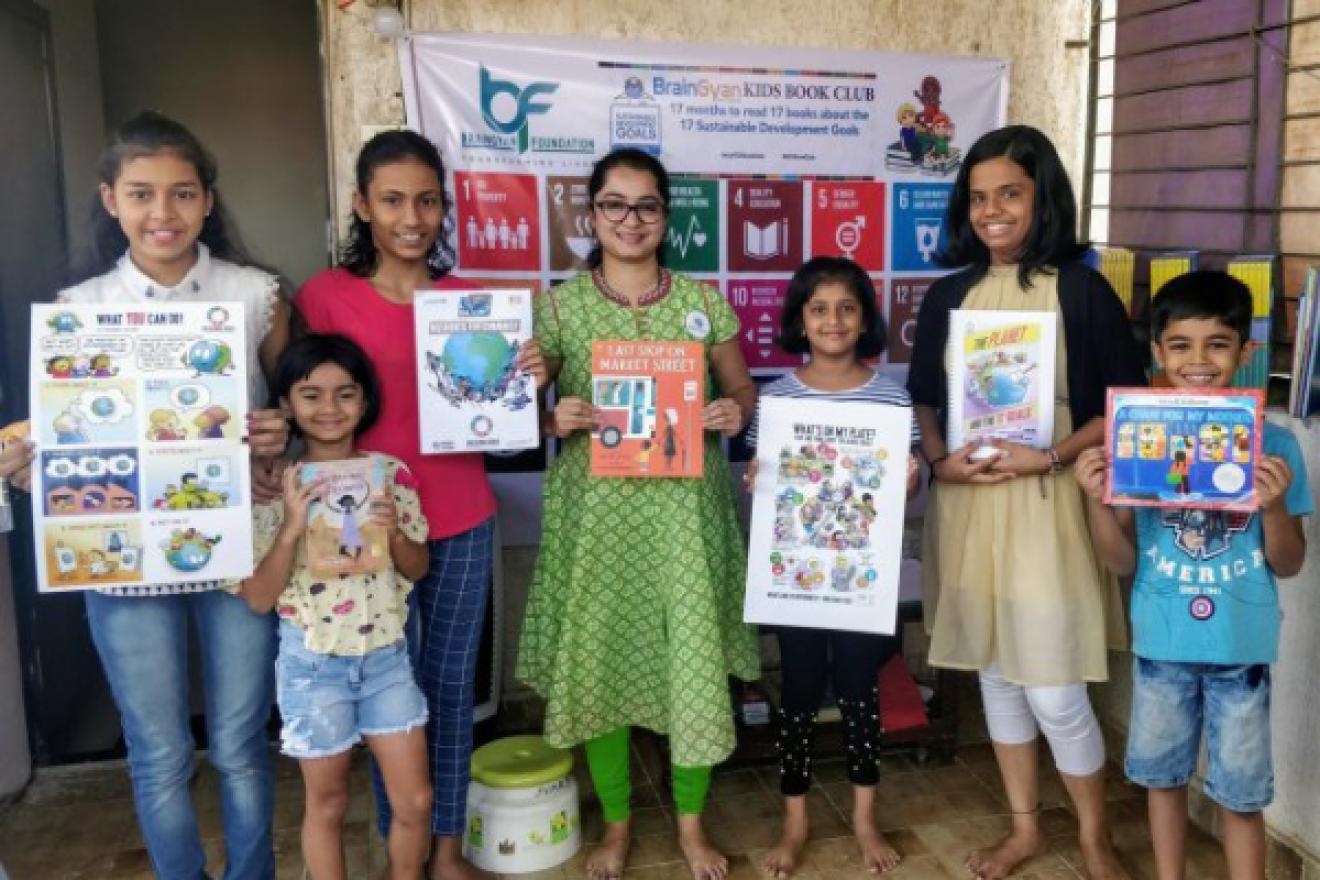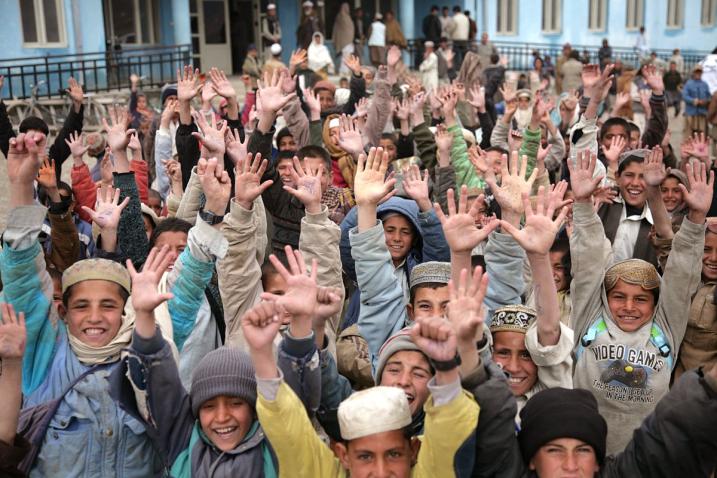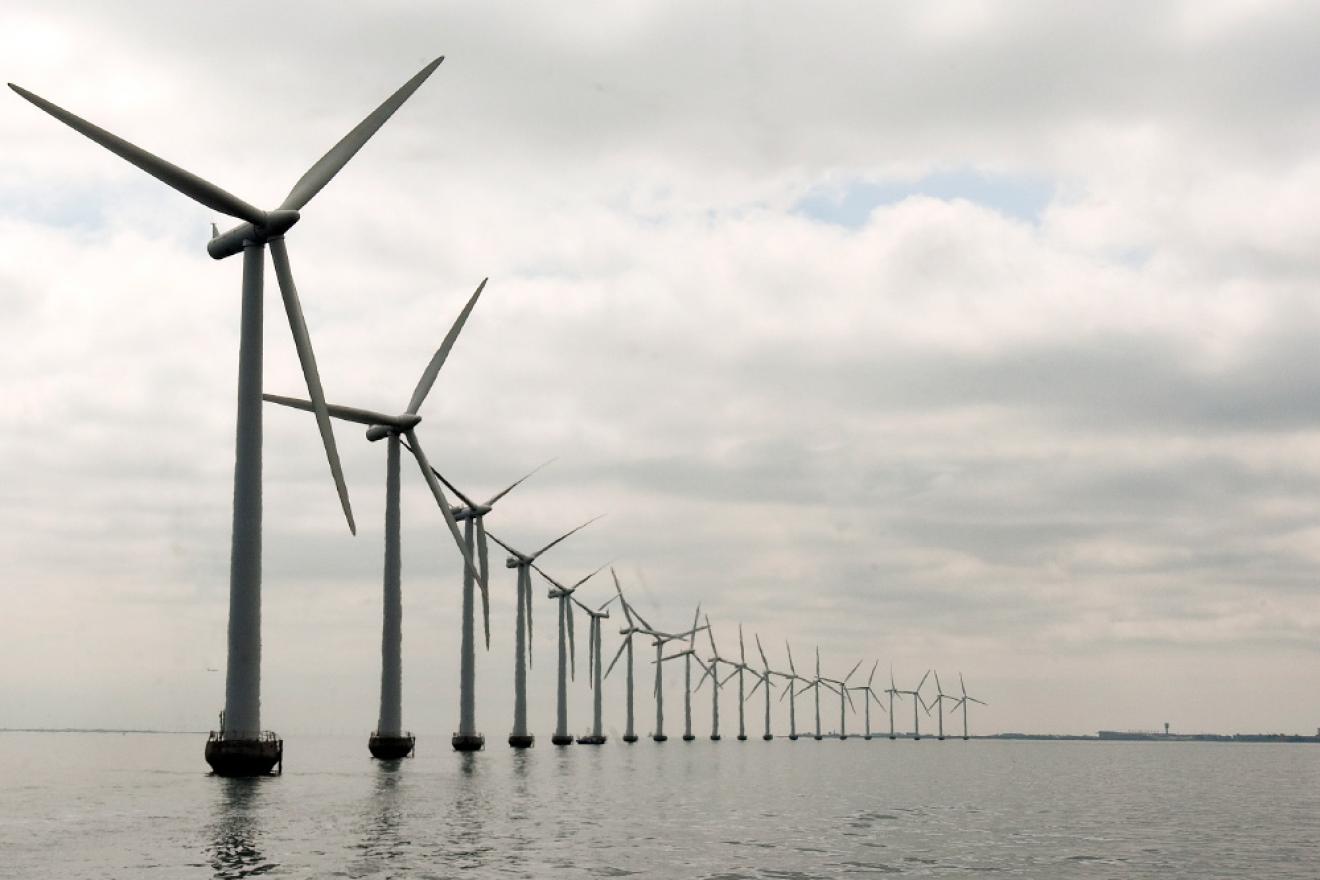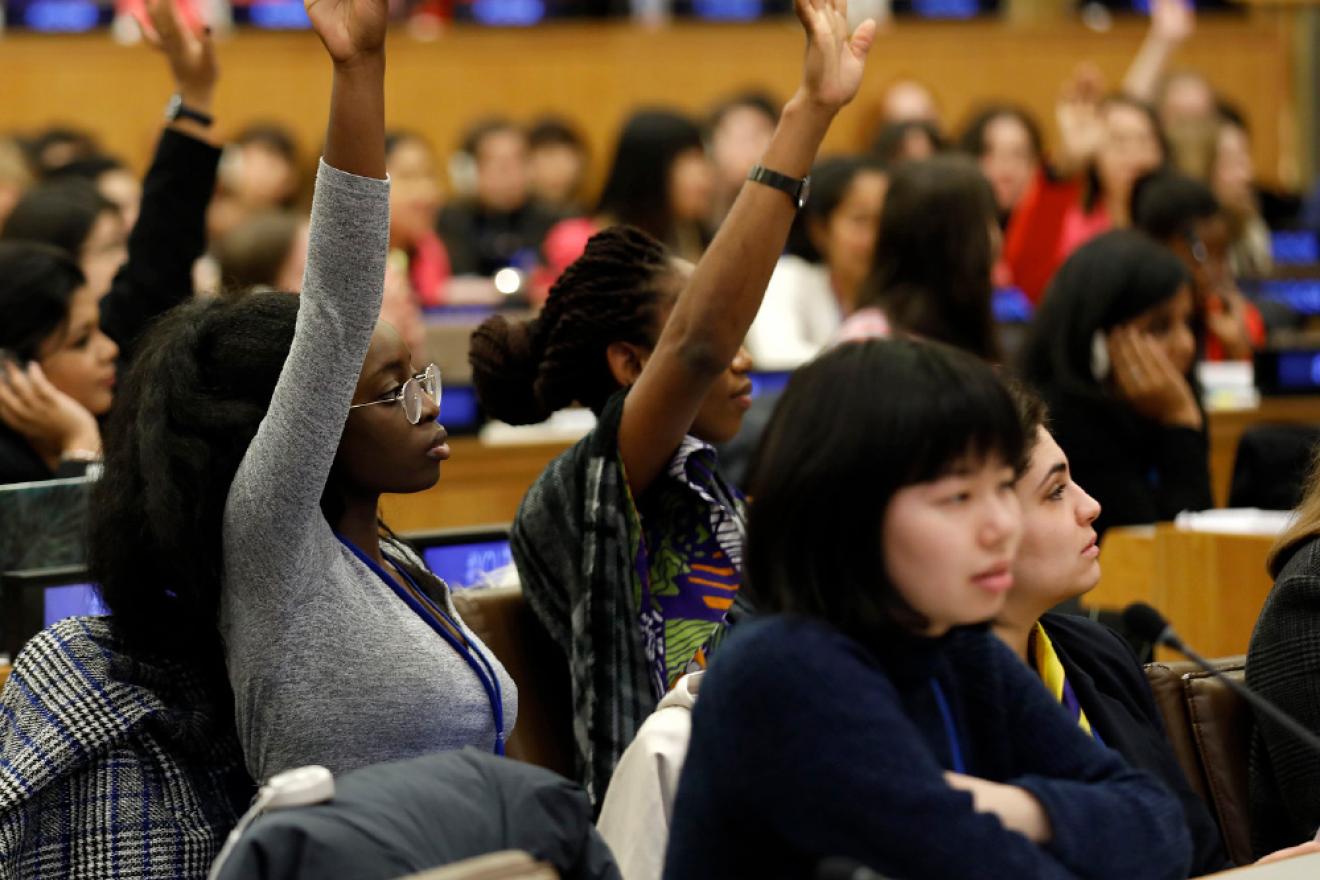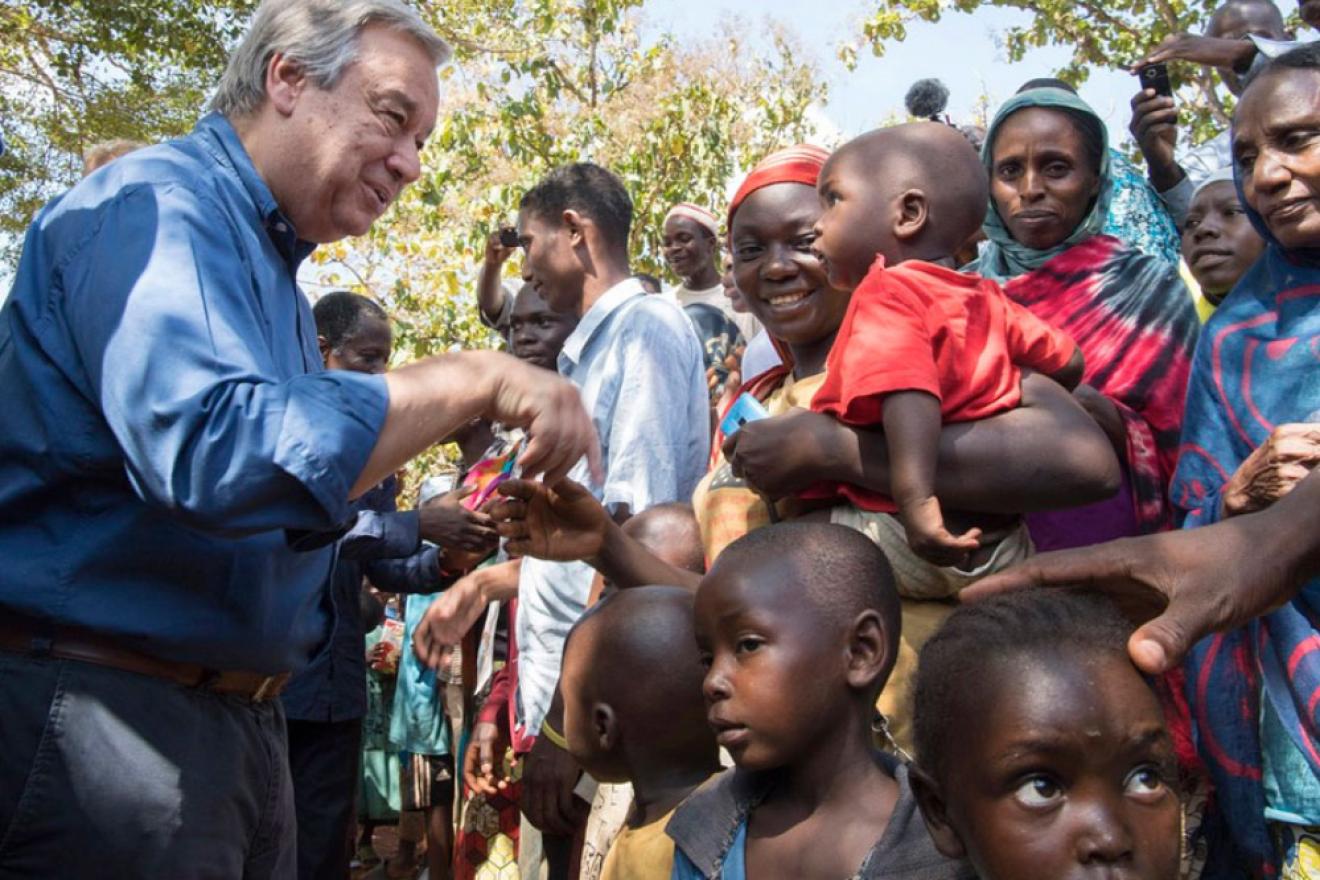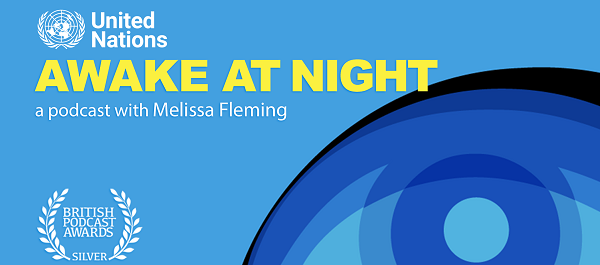The Goals can improve life for all of us. Cleaner air. Safer cities. Equality. Better jobs. These issues matter to everyone. But progress is too slow. We have to act, urgently, to accelerate changes that add up to better lives on a healthier planet. Find new inspiring actions on the app and at un.org/actnow.
The discipline of logic is vital to our societies and economies
Logic, as the investigation on the principles of reasoning, has been studied by many civilizations throughout history. Since its earliest formulations, logic has played an important role in the development of philosophy and the sciences. World Logic Day aims at fostering international cooperation, promoting the development of logic, in both research and teaching, supporting the activities of associations, universities and other institutions involved with logic, and enhancing the understanding of logic and its implications for science, technology and innovation.





